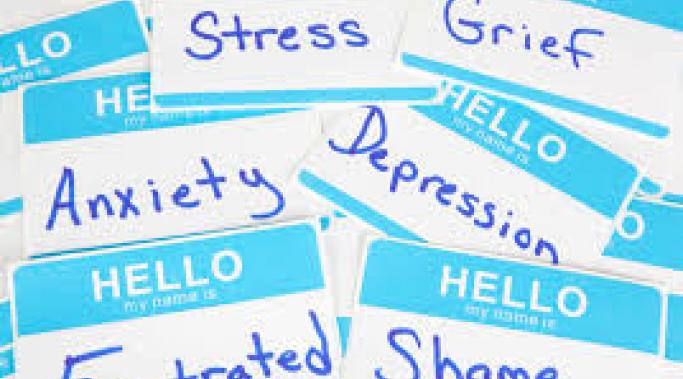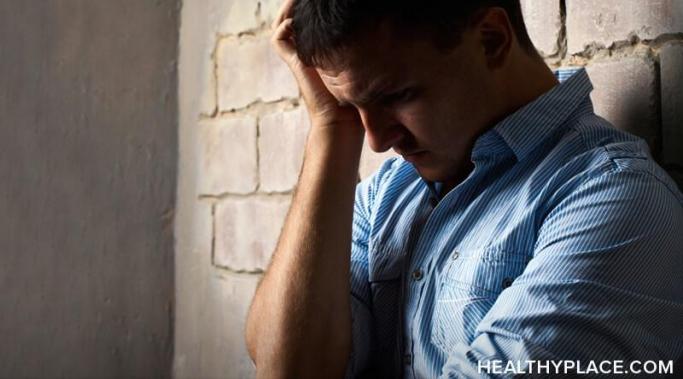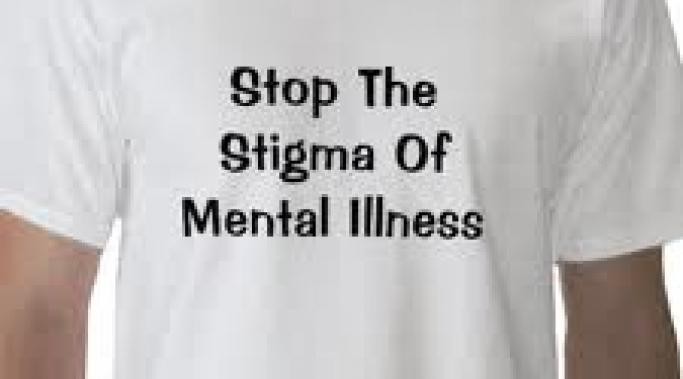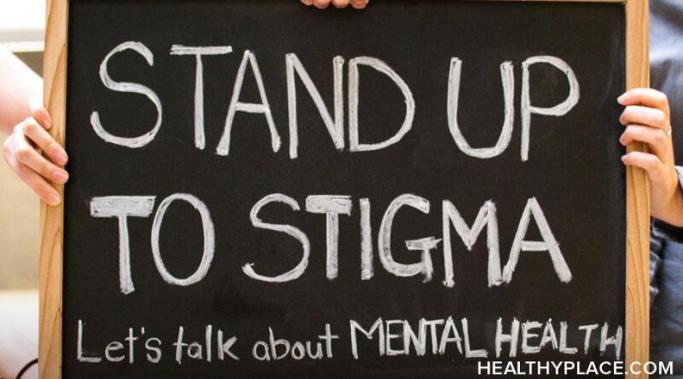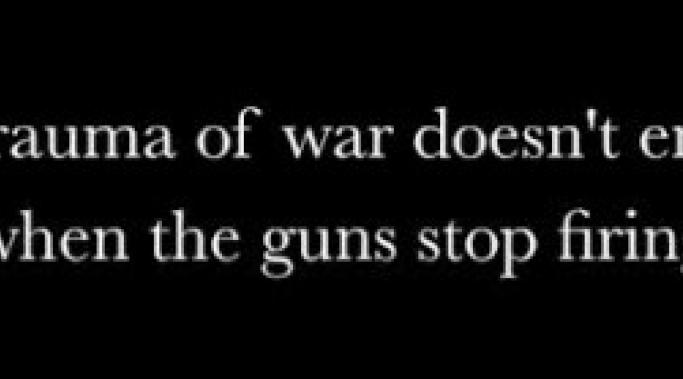Do you ever feel as if you're not good enough?
Do you ever wake up at night and think, If others really knew me...
Do you ever walk around looking at others, knowing they are better/smarter/more beautiful than you?
Yes.
Depression and Stigma
I thought I was done with writing about eating disorders.
I developed and started writing HealthyPlace's Surviving ED blog in 2010. Readers saw me through several relapses, struggles and many tears, and the everyday ups and downs of recovering from an eating disorder.
In December 2012, I wrote a highly optimistic good-bye post, declaring that I had found my dream job and wishing everyone well. I was done, done with anorexia and writing about it. I was moving on, to a bright and endless future.
First I found out the job wasn't such a dream after all.
Today I found out I am overweight and need to lose some pounds, putting me on par with the majority of Americans.
I can't believe it.
Since I started writing this blog over a year ago, I’ve noticed that I get more and more questions regarding my plans on how to end mental health stigma in my life (What Is Stigma?). Of course, I am honored to receive these questions, but I do not by any means consider myself an expert on the matter. But, here it goes anyway. You can be the judge as to whether I am an expert or not.
The American Medical Association has named a new disease.
Obesity.
'I need mental health help.'
When you are suffering from a mental illness, these are often the three most difficult words to say. But the real question is 'why?'
My name is Angela Elain Gambrel and I would like to welcome you to HealthyPlace and the Surviving Mental Health Stigma blog. I am: a writer, reader, and curious about this world and this journey we call life. I love books and cats and quiet times with a hot cup of herbal tea while listening to medieval chants. I am interested in people and religions and history, and read everything I can get my hands on about these subjects and more. I am passionate about helping others and the orphans of Haiti. I recently completed my master's degree in English Composition and Communication, and am now writing for a national website focused on children and cerebral palsy.
As someone who speaks candidly about the stigma of mental illness, I have somehow never mentioned men who suffer from undiagnosed, untreated depression.
For reasons that we can all speculate about individually, men are less likely to label their negative affect and thoughts as depression and are more likely to resort to alcohol or drugs, violence, gambling and even womanizing in order to combat their feelings of mental discomfort.
As I spoke of last week, nearly half the population view mental illness as some sort of personal weakness. I would wager that when discussing men and depression that this number is quite fitting. It goes against everything a man is stereotypically supposed to represent: strong, silent, in control, powerful and commanding.
The website www.mensdepression.org has a mandate of alleviating the stigma surrounding male depression which they place into two groups: overt and covert depression.
I came across this survey from 5 years ago that nearly knocked me right off my chair.
“In a 2008 survey conducted on behalf of the Canadian Medical Association, nearly half (46 per cent) of those polled believed that mental illness isn’t always “real” but rather an excuse for poor behaviour and personal failings.”
I was a depressed teen. Well, that's sort of putting it lightly. I had thoughts of suicide from a very young age and much of my time in high school was spent either contemplating suicide, or experimenting with the slow suicide of dangerous drugs.
According to the New York Times, for every soldier who has died on the battlefields of Afghanistan or Iraq, 25 will die by their own hand. This appalling suicide statistic should be more than enough to wake us up and start dealing head on with the epidemic of PTSD in the military.


